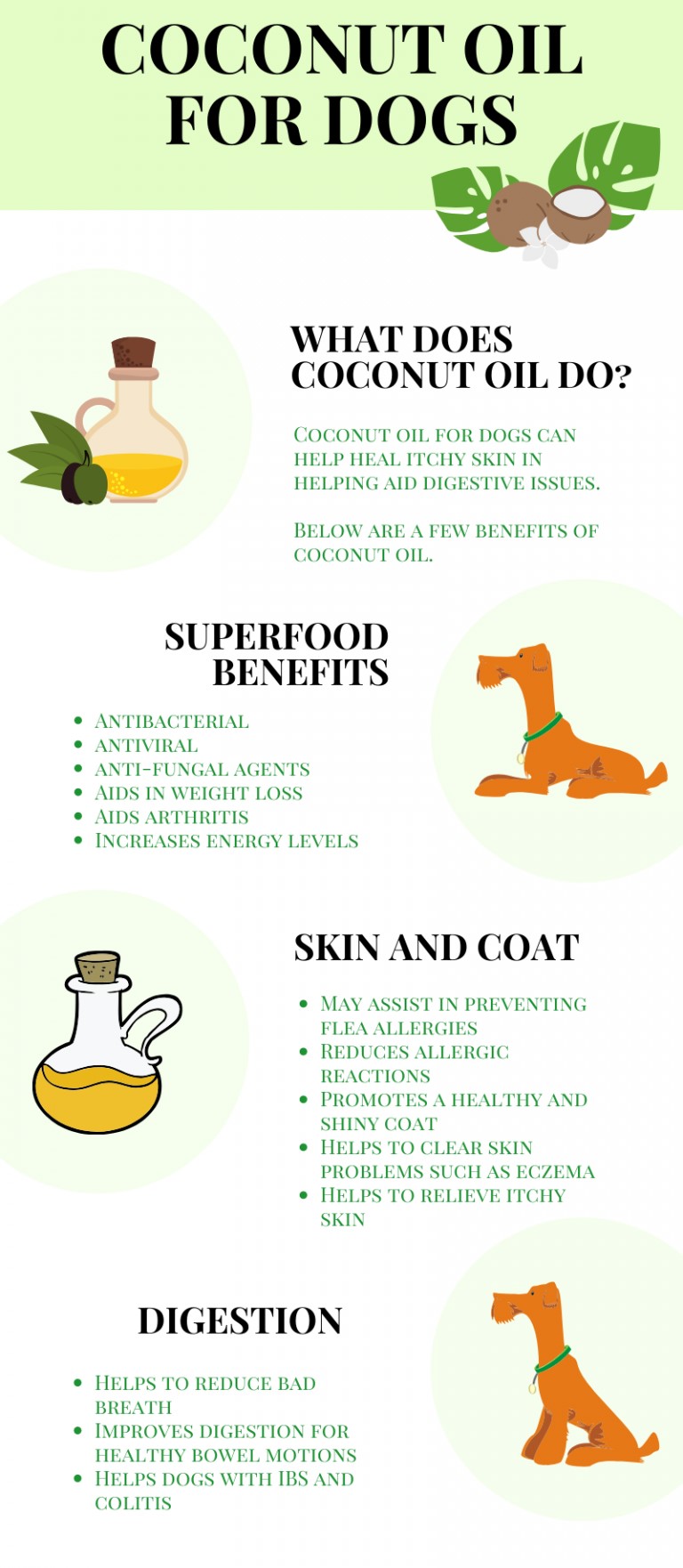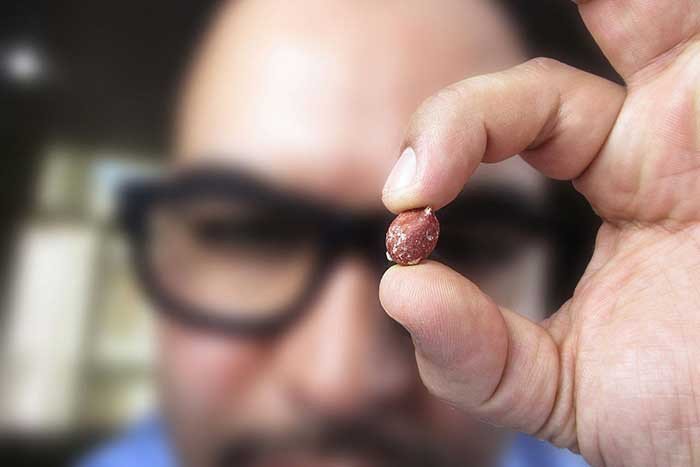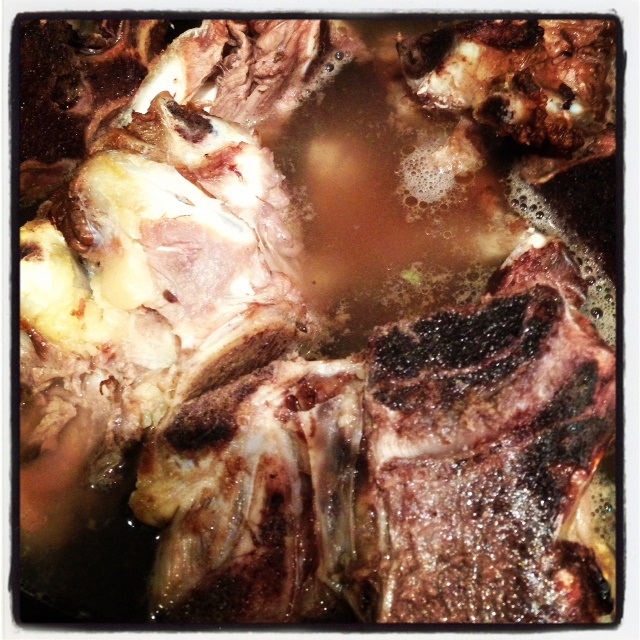Coconut oil for dogs
Have you have noticed the new trend of coconut oil, stating the amazing benefits for humans? From hair to skin, but what about coconut oil for dogs?
Dr Colleen Smith from the Holistic Animal Institute says “there are many benefits of coconut oil for dogs.”
Coconut oil for dogs can help heal itchy skin in helping aid digestive issues. Before you go whipping out spoon fulls of coconut oil you MUST know a few things first.
What is coconut oil?
Yes, coconut oil does come from matured coconuts, the oil is extracted and is suitable to be eaten as it is used is a wide variety of food and beauty products.
Did you know that coconut oil is high in saturated fat and also contains medium-chain triglycerides which are said to be behind the hyped health and wellness benefits. But what about dogs? What are the benefits of coconut oil for dogs?
Medium-chain triglycerides (fatty acids) like coconut oil are directly absorbed into the GI – (Gastrointestinal) tract and go directly to the liver which is then metabolised into energy.
The gastrointestinal tract is an organ system within humans and other animals which takes in food, digests it to extract and absorb energy and nutrients and expels the remaining waste as faeces.
The mouth, oesophagus, stomach and intestines are part of the gastrointestinal tract.
Wikipedia
Furthermore, these fatty-acids help dogs cognitive functions which slow cognitive dysfunction.
Benefits of coconut oil for dogs
Superfood benefits
- Antibacterial, antiviral and anti-fungal agents
- Aids in weight loss
- Aids arthritis
- Increases energy levels
- Promotes normal thyroid function and balances insulin levels
Skin & coat
- May assist in preventing flea allergies
- Reduces allergic reactions
- Promotes a healthy and shiny coat
- Helps to clear skin problems such as eczema
- Helps to relieve itchy skin
Digestion
- Helps to reduce bad breath
- Improves digestion for healthy bowel motions
- Helps dogs with IBS and colitis
Which coconut oil do I use?
Start by heading to the store or online health food shops and read the labels. Each label is going to be different in terms of base-line ingredients and if any additives have been added.
Veterinarians recommend virgin, organic, cold-pressed coconut oil. Organic and natural as possible.
How much coconut oil to give your dog
First, you must take it very slow when introducing coconut oil to your dog’s food. Giving too much can make your dog unwell.
Always speak to your veterinarian before introducing any new food or supplement. Also, note that if your dog is susceptible to weight gain or is already obese then you will need to monitor your dog closely as coconut oil has a high saturated fat content.
The amount to give your dog depends on size, start by giving a 1/4 teaspoon, it may not look like much but you must start small.
Also Related: Fish Oil For Dogs | Grain Free Choc-Coconut Cake for Dogs
Tip: Coconut oil can be used as an ingredient in treats. I use coconut oil in many of my recipes for dog food and treats, so as well as being homemade will also aid in cleaning your dog’s teeth and getting the benefits of coconut oil!
Supplement Tip: Be vigilant not to overdo the supplements as giving too much ‘over-supplementation’ can cause kidney problems.
How to use coconut oil for dogs topically
Did you know that coconut doesn’t need to be just given orally? Coconut oil can be used topically but rubbing a small amount on your hands and gently rub your dog’s fur in the direction of the hair follicles. Then work your way down to the skin. It is great for moisturising dry skin.
Tip: Do a patch test first to ensure your dog is not sensitive to coconut oil when used on the skin.
Since coconut oil can be given orally you do not need to worry if your dog licks their fur.
The downside of coconut oil for dogs
While many veterinarians agree that coconut oil for dogs is safe and provides many benefits to your dog’s overall health, others disagree (which is ok).
If your dog is given too much coconut oil it can cause an upset stomach and diarrhoea. Additionally, since coconut oil has such a high fat count (approx. 120 calories per tablespoon) it is advised that you do not give your dog coconut oil who are prone to pancreatitis.
Inflammation of the pancreas (or pancreatitis) often progresses rapidly in dogs, but can often be treated without any permanent damage to the organ.
There are many suggested causes of acute pancreatitis including obesity, high-fat diets, endocrine diseases such as hypothyroidism, and various medications or toxins.
Even if your dog doesn’t normally eat a high-fat diet, the introduction of a large amount of fatty food all at once can cause acute pancreatitis.
PetHealthNetwork
Always speak to your veterinarian first before giving any supplements. Ultimately the decision is yours and what is best for your dog and if it is going to help improve your dog’s health and wellbeing. I personally add a small amount of coconut oil to Maisy’s treats when I bake them. This would be about once a month. If coconut oil isn’t your first choice, then check out my other blog post Fish Oil For Dogs and see if that might be better suited for your dog.
I hope this post has given you some key information when it comes to coconut oil for dogs.
Hugs,
Gina & Maisy







